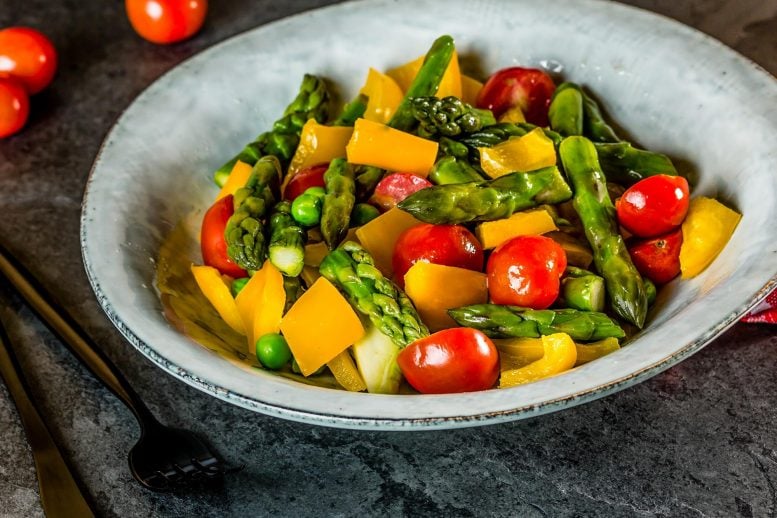Perspective is Everything: Conclusive/Inconclusive
 |
| A plant-based diet is associated with 73% lower odds of moderate to severe COVID-19. SciTechDaily |
"In six countries, plant-based diets or pescatarian diets were associated with lower odds of moderate-to-severe COVID-19.""Plant-based diets or pescatarian diets are healthy dietary patterns, which may be considered for protection against severe COVID-19."Study authors"Studies like this are really great, because they’re hypothesis-generating.""It’s important to do these population-level studies and look at associations and generate additional hypotheses to investigate further."Dr. Scott Kaiser, Providence Saint John’s Health Center, Santa Monica, CA
 |
| A pescatarian (fish) diet is associated with 59% lower odds of moderate to severe COVID-19. |
A study newly published in the journal BMJ Nutrition, Prevention & Health, looked at the diet habits of thousands of health-care workers in six countries to draw their conclusion that vegetarians are 73 percent less likely to become infected with a severe case of COVID-19 than their counterparts who regularly consume meat at their meals. The study authors found as well that pescatarians -- those who eat fish but not meat -- were 59 percent less likely to become seriously ill with the virus.
2,300 health-care workers were polled who hadn't contracted the virus and 568 who had become ill with SARS-CoV-2, to obtain data allowing the study authors to determine a relationship between diet and COVID-19. 138 individuals from among those who had been infected reported experiencing moderate to severe symptoms. Another 430 described their symptoms of COVID as having been mild. The study subjects were asked to think about their food intake the year previous to infection to choose from 11 categories to best describe their diet.
Their options fell into keto; vegetarian; Mediterranean; pescatarian; Paleolithic; low fat; low carbohydrate; high protein; or none of these. Of those who had fallen ill, 41 consumed a plant-based diet, another 46 followed a plant-based or pescatarian diet. The finding was that a low carbohydrate, high protein diet seemed to increase the chances of a severe COVID infection, a finding not seen to be statistically significant.
"Since the beginning of the pandemic, there has been a lot of speculation about the impact of diet on disease risk. This study attempts to answer this question but there are a number of limitations that need to be considered: The study relied entirely on self-reporting and a lot of data have shown that self-reported dietary intake is unreliable.""In this study, participants were asked about their diet after they were diagnosed with COVID-19, and this might lead to further misreporting, especially among participants who are interested in a potential link between diet and disease.""Finally, the study has been conducted in different countries with widely different diets -- a plant-based diet in Spain or Italy is likely to be different from a mainly plant-based diet in Germany or the U.K."Gunter Kuhnle, professor of nutrition and food science, University of Reading, England
 |
| Whether you’re considering eating less meat or giving it up entirely,
the benefits are clear: less risk of disease and improved health and
well-being Heart & Stroke |
Labels: COVID-19 Outcomes, Findings, High Protein Diet, Pescatarian Diet, Study, Vegetarian Diet

0 Comments:
Post a Comment
<< Home